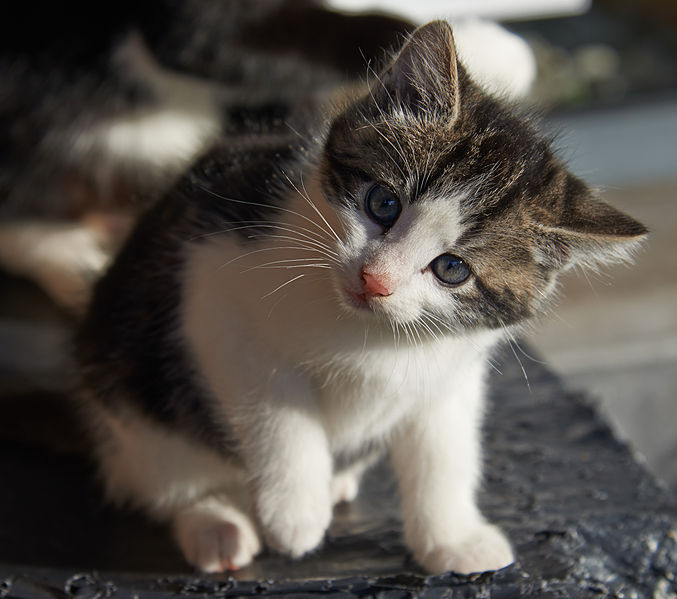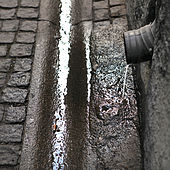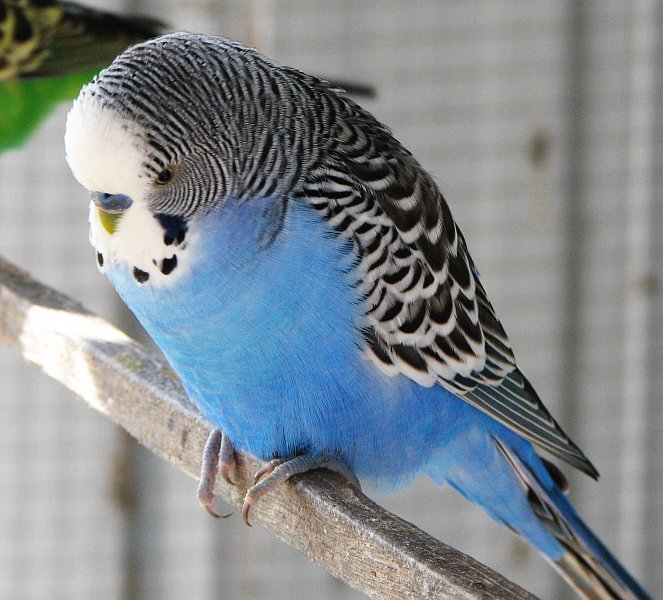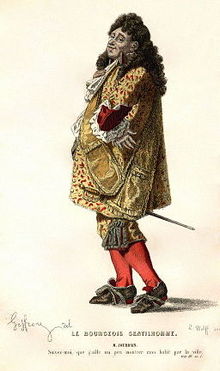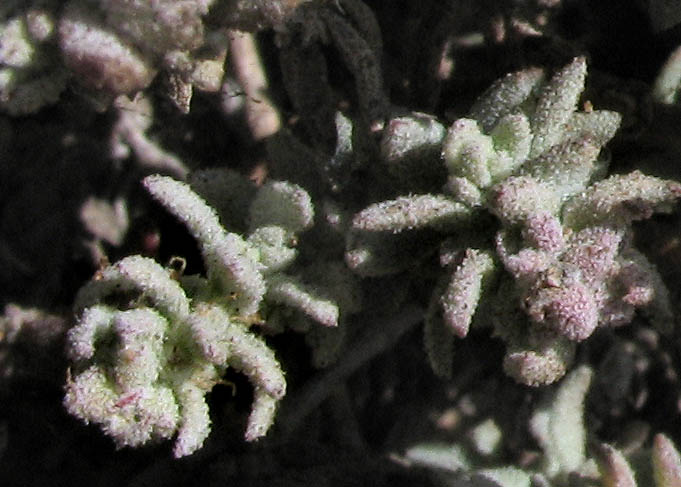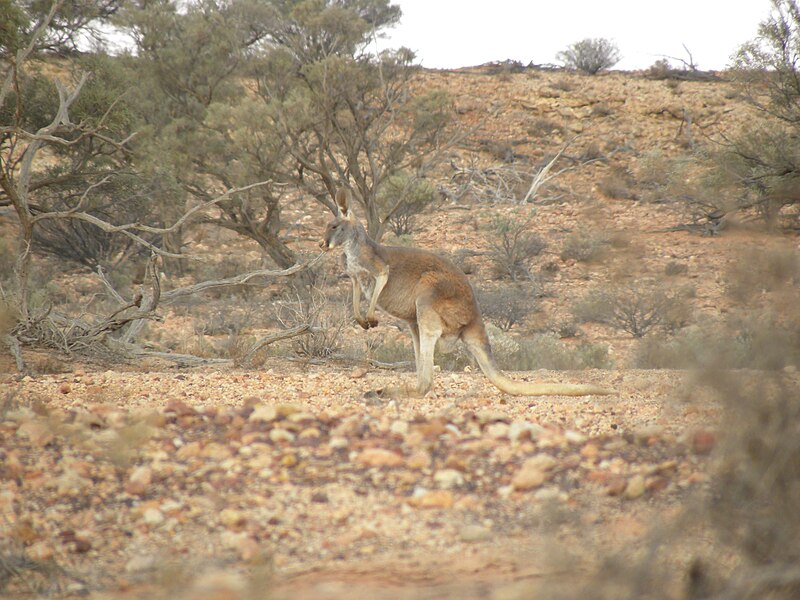As it happens, an autocutie isn't a female model draped over the bonnet of a car in order to sell it to inadequates, but an attractive young woman who presents TV programmes.

This is the extremely bright Mishal Husain
Autocutie is really rather a clever word (see below), but unfortunately it can only ever be used by misogynists and other morons.
Sunday Rest: autocutie. This word is based on Autocue (it's a trademark: the American equivalent is Teleprompter), a system where a television script can be read without the audience being able to see it. Cutie is a patronising term for an attractive young person, usually female. Auto- comes from the Greek autos, self. Cutie comes from cute, which occasionally still means clever (it's a shortened form of acute) but usually means unthreateningly attractive.



